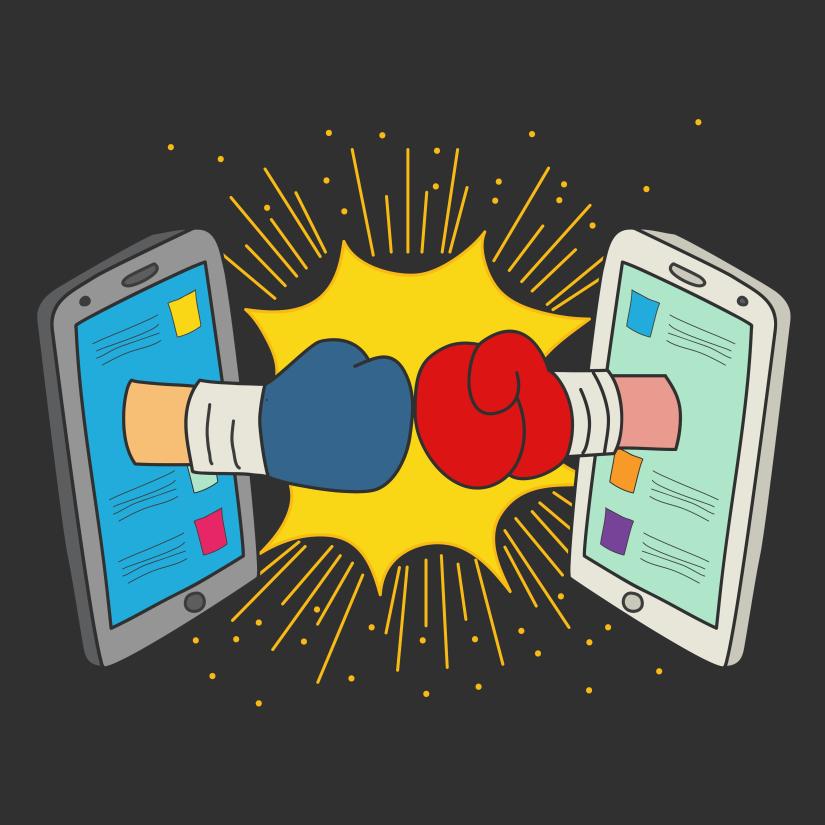
Twitter boss Elon Musk has another fight on his hands. Last week, Musk challenged Mark Zuckerberg to a ‘cage match’. Zuckerberg responded on his own platform, Instagram, with a screenshot of Musk’s tweet and the words, ‘Send me location’. Musk suggested the ‘Vegas Octagon’. Really? Not the Comedy Store?
That’s a faux fight. Tech bro banter. But Musk has a real fight too, with a more formidable adversary in the shape of Australian eSafety Commissioner Julie Inman Grant. Last week, just as Musk and Zuckerberg were kidding about cage fights, Inman Grant told Twitter it has 28 days to detail how it’s tackling the ‘toxicity and hate’ on its platform. If it doesn’t comply, Twitter faces daily fines worth $700,000 per day. These are new powers under the Online Safety Act, and last year eSafety issued Apple, Meta, Microsoft, Snap and Omegle with similar legal notices.
As someone who used to work at Twitter in a cybersecurity role, Inman Grant didn’t pull punches. ‘Twitter appears to have dropped the ball on tackling hate,’ she said, noting that marginalised communities are copping even worse. This is especially worrying in the leadup to the Voice referendum. While nearly one in five Australians has experienced online hate, First Nations people are targeted at twice the national average.
Since Musk took over last year, Twitter has initiated a remorseless staff cull known internally as ‘the Snap’. The name comes from the Marvel universe, which may be where Musk finds all his workplace policies. Many of the culled were employed to keep hate off the platform. One compelling account of the Snap comes from another ex-Twitter employee, Neil Varcoe, whose beat was Trust and Safety.
‘In private, I often described our work by painting a picture of what the platform would look like without us,’ Varcoe writes. ‘Imagine a dinner party conversation where one or two people are screaming the vilest of obscenities while you’re talking about news, politics or sports — or maybe a personal milestone, like your child’s first steps. Suddenly, one shows a video of a man having sex with an alpaca.’
But how can we possibly tackle the ‘trolls, neo-Nazis, child traffickers and abusers, and bad actors intent on disrupting and reframing civil society’? It’s all too hard, right? Hardly. We just need some hard law that puts responsibility back on the platforms. Caveat venditor, not caveat emptor. Which is just what Inman Grant told Varcoe, one former Twitter employee to another.
In today’s newsletter, tantalised by the prospect of Twitter v eSafety and Musk v Zuck, we examine a series of heavyweight bouts. Derek takes a ringside seat for the next round of the slugfest that is Australia v misinformation. Monica looks abroad to call the unfailingly unpredictable contest of Putin v Normalcy. Tim covers the unseemly backyard brawl between Reddit and its own moderators; and Michael reports on news v AI, where all that’s at stake is our future.

Sacha Molitorisz, Senior Lecturer - UTS Law

